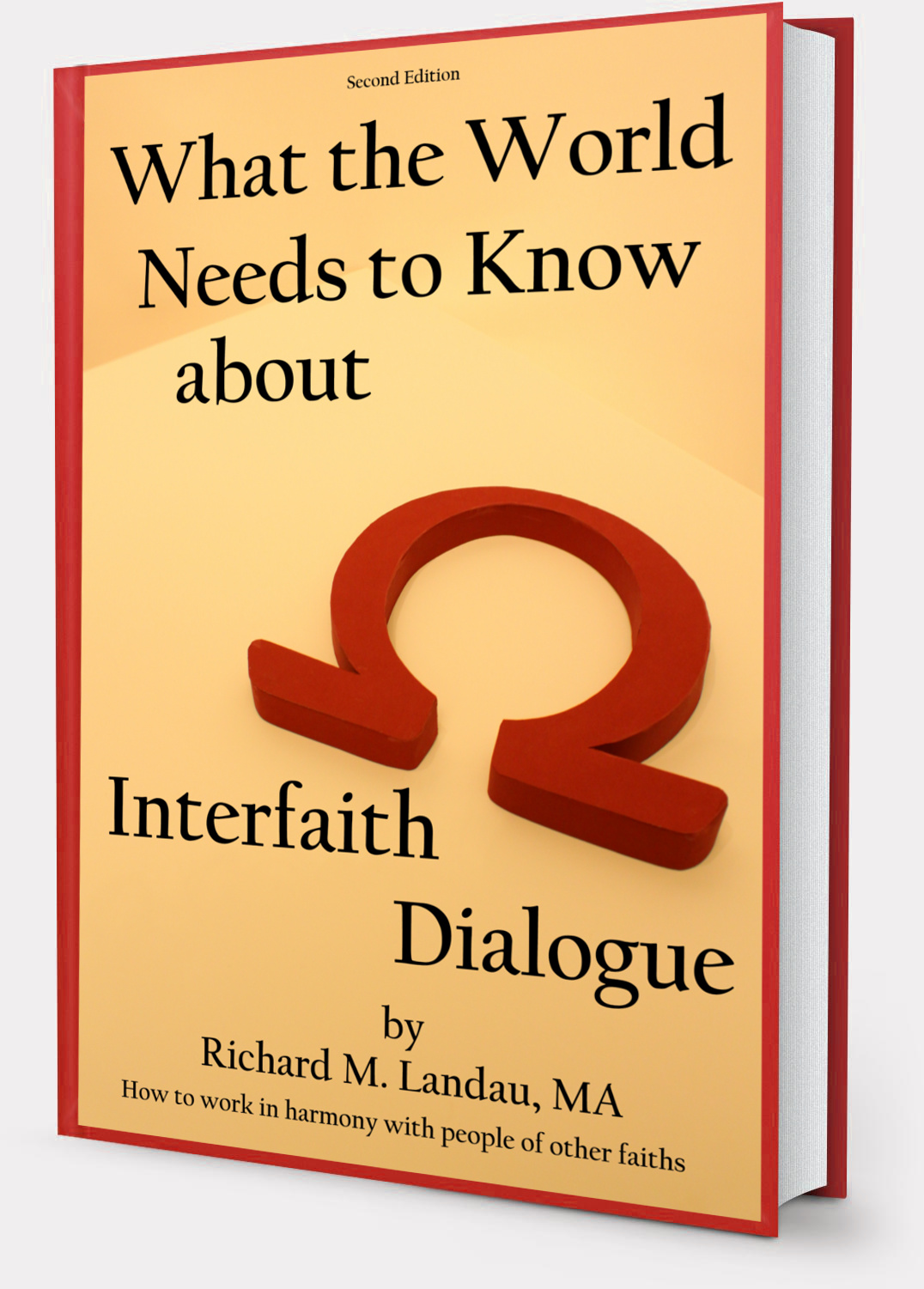Interfaith dialogue has garnered immense significance in our increasingly pluralistic society. As diverse communities converge, the quest for understanding and harmony becomes imperative. Yet, this endeavor often raises a playful question: Can genuine friendships be forged amidst differing beliefs? If so, what challenges may one encounter on this profound journey? In exploring Bahá’í teachings, we will delve into the concepts of interfaith dialogue and the transformative power it holds for cultivating authentic interfaith friendships.
Bahá’í teachings underscore the oneness of humanity as a foundational principle. This doctrine elevates the significance of interfaith dialogue, for it encourages individuals to transcend superficial distinctions among faiths. Rather than merely tolerating diversity, Bahá’í philosophy advocates for an embrace of the plethora of religious expressions. The Holy Writings assert that “the earth is but one country, and mankind its citizens,” encapsulating the essence of mutual respect and understanding that should permeate interfaith relationships. Therefore, the success of interfaith dialogue rests upon the premise that each faith possesses a fragment of truth, deserving recognition and contemplation.
Engaging in interfaith dialogue can be deceptively uncomplicated, yet it often confronts participants with intricate challenges. First among these is overcoming preconceived notions and biases. The prevailing narratives regarding other faiths can obscure an individual’s capacity to engage genuinely. Therefore, the Bahá’í community emphasizes the importance of self-reflection and critical examination of personal convictions prior to embarking on interfaith initiatives. This process of introspection fosters an atmosphere conducive to open-hearted dialogue and genuine exchange.
Moreover, it is essential to approach interfaith discussions with an attitude anchored in humility. The Bahá’í teachings remind adherents that “the most vital and challenging task” before humanity is to recognize and uphold each other’s dignity. Humility engenders a spirit of inquiry, facilitating deeper understanding, while also preventing the dialogue from devolving into confrontation. In this light, interfaith interactions are not merely debates about theological differences but rather opportunities for co-learning and growth, where individuals can share insights and enrich one another’s perspectives.
Existential questions often permeate interfaith dialogues, propelling participants toward a deeper exploration of their own beliefs. The question, “What does it mean to lead a meaningful life?” frequently arises during discussions. Such inquiries represent potent catalysts for building trust and camaraderie among interlocutors. When individuals collectively confront existential dilemmas, bonds are inadvertently forged, often transcending their differing religious affiliations. This sacred interplay forms the bedrock of true interfaith friendships, rooted in shared human experiences rather than dogmatic adherence.
True interfaith friendships are nurtured within environments that prioritize empathy and compassion. The Bahá’í teachings advocate for cultivating spaces that allow for vulnerability and authenticity. Practicing active listening fosters resilience and enables individuals to truly hear and understand one another. As each act of attentiveness dilutes hostility, friends begin to recognize the common threads that bind them together, despite the qualities that appear to set them apart.
Additionally, the act of sharing personal narratives serves as a powerful mechanism for deepening interfaith connections. Each individual’s life story embodies unique struggles, triumphs, and rites of passage. By presenting their narratives before each other, friends not only gain insight into diverse perspectives but also demonstrate the universality of the human condition. The Bahá’í principle of storytelling thus becomes a crucial tool within interfaith exchanges, augmenting the camaraderie inherent in shared experiences.
Another inherent challenge in striving for true interfaith friendships is navigating societal pressures and potential backlash from one’s own faith community. The Bahá’í teachings emphasize the importance of resilience and steadfastness in the face of such obstacles. Upholding the principles of love, unity, and understanding, adherents are called to remain steadfast supporters of interfaith endeavors, regardless of external dissent. The strength of conviction in aligning with these guiding principles provides a solid foundation from which to engage meaningfully with individuals from different faith backgrounds.
Yet, in the pursuit of genuine interfaith friendships, it is crucial to remain cognizant of the need for balance between personal beliefs and communal identities. Authenticity does not imply sacrificing one’s convictions, but rather participating in an honest exchange that respects both the individual and the collective. The Bahá’í teachings elucidate that true interfaith connections arise not from superficial agreement but from appreciating the complexity inherent in each belief system.
As interfaith friendships blossom, they often serve as beacons of hope in a world fraught with division. The Bahá’í commitment to dialogue and unity stands as a testament to the power of these friendships. Together, individuals from diverse backgrounds can work toward common goals, ameliorating societal challenges that emerge from misunderstanding and intolerance. The transformative potential of these relationships underscores the urgency of nurturing interfaith bonds in our contemporary world.
In conclusion, the journey from interfaith dialogue to true interfaith friendships is marked by both challenges and opportunities. By embracing humility, engaging in deep conversations, sharing narratives, and fostering empathy and resilience, individuals can cultivate meaningful connections that transcend differences. The Bahá’í teachings illuminate this path, offering a framework wherein the oneness of humanity can be realized through the beauty of diverse relationships. As the world navigates its complexities, let us strive to heed this call for unity, fostering friendships that enrich our lives and promote collective harmony.
